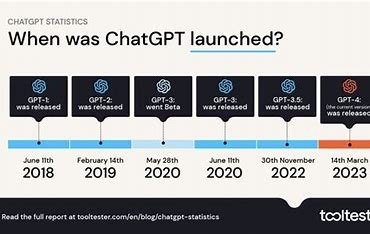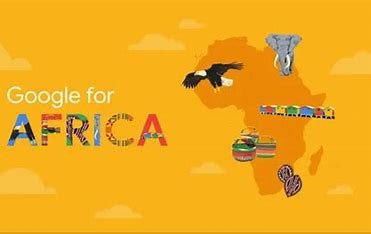ChatGPT: Everything You Need to Know About the AI-Powered Chatbot

Since its debut in November 2022, ChatGPT, OpenAI’s innovative AI chatbot, has captured global attention, proving its value across countless domains. Initially seen as a productivity tool to streamline tasks like drafting essays or generating code with brief text prompts, it has since evolved into an indispensable asset used by over 92% of Fortune 500 companies.

The Rapid Rise of ChatGPT
ChatGPT’s rise has been nothing short of meteoric. OpenAI, the creator of ChatGPT, has not only attracted millions of users but has also become one of the most celebrated companies in tech. The buzz around OpenAI only intensified with its latest collaboration with Apple to integrate its upcoming generative AI tool, “Apple Intelligence.” This collaboration strengthens OpenAI’s place in the competitive AI landscape, making it even more accessible and functional for a wider audience.
As the demand for efficient AI-driven solutions grows, OpenAI has positioned ChatGPT as a go-to resource for tasks beyond simple text generation, including business support, customer service, and even creative brainstorming. The company’s relationship with tech giants like Apple is only the beginning, as OpenAI aims to expand its chatbot’s functionalities and accessibility.
GPT-4o: The Latest Leap in AI Advancements
In 2024, OpenAI introduced its newest model, GPT-4o, a significant enhancement over its predecessors. GPT-4o is now the default free model on ChatGPT and includes voice capabilities, which many users appreciate for their hands-free convenience. However, the introduction of GPT-4o did not come without controversy. OpenAI recently paused one of its most popular voices, “Sky,” after concerns emerged that it too closely resembled Scarlett Johansson’s character in the movie Her. This pause in development highlights the delicate balance OpenAI must maintain between innovation and ethical responsibility.
GPT-4o also brings other improvements that set it apart from previous versions, such as more accurate text generation, better understanding of complex queries, and the ability to converse with users naturally. These advancements position it as a versatile tool not only for individuals but also for businesses seeking to enhance customer interaction and streamline operations.

Challenges and Setbacks
OpenAI’s journey with ChatGPT hasn’t been without hurdles. In a surprising move, Ilya Sutskever, OpenAI’s co-founder and chief scientist, recently exited the company amid internal disagreements, leading to the dissolution of the Superalignment team. This team was responsible for ensuring the safety and reliability of OpenAI’s models, and its disbandment raised concerns within the AI community regarding the future direction of ChatGPT.
Legal troubles are also mounting for OpenAI. In 2024, Alden Global Capital-owned newspapers, including the New York Daily News and Chicago Tribune, filed a lawsuit against OpenAI over alleged copyright violations. This follows a similar lawsuit from the New York Times last year, pushing OpenAI to navigate the complex legal landscape surrounding AI and intellectual property. These challenges are a reminder of the legal and ethical complexities involved in developing and deploying cutting-edge AI technologies.
ChatGPT Product Updates: A Timeline of Key Releases
OpenAI has consistently improved through regular updates, addressing user feedback and adding new features. Here’s a look at the major milestones in ChatGPT’s development:
- January 2023: Introduction of ChatGPT Plus, a subscription-based model with enhanced speed and performance.
- July 2023: GPT-4 released as a premium offering, with significant improvements in handling nuanced prompts.
- March 2024: GPT-4o introduced as the new default free model, including voice features that quickly became popular among users.
With these updates, it remains relevant and continues to provide innovative solutions, demonstrating OpenAI’s commitment to refining its AI-powered chatbot. For further details on these updates, check out OpenAI’s official product page.

Why ChatGPT Matters Today
ChatGPT has cemented itself as a critical tool for both personal and professional use. Its capacity to respond to diverse prompts makes it valuable for tasks like drafting content, coding, customer support, and creative writing. This versatility, combined with continuous updates, ensures that it stays ahead in the AI race, meeting the ever-evolving needs of users across industries.
As OpenAI navigates both the exciting potential and complex challenges of AI technology, ChatGPT’s story is far from over. From its collaborations with tech giants to its breakthroughs in language generation, ChatGPT’s journey serves as a window into the future of AI-driven innovation.
Read more:Ghana Launches 5G Service with a Vision for National Digital Transformation













